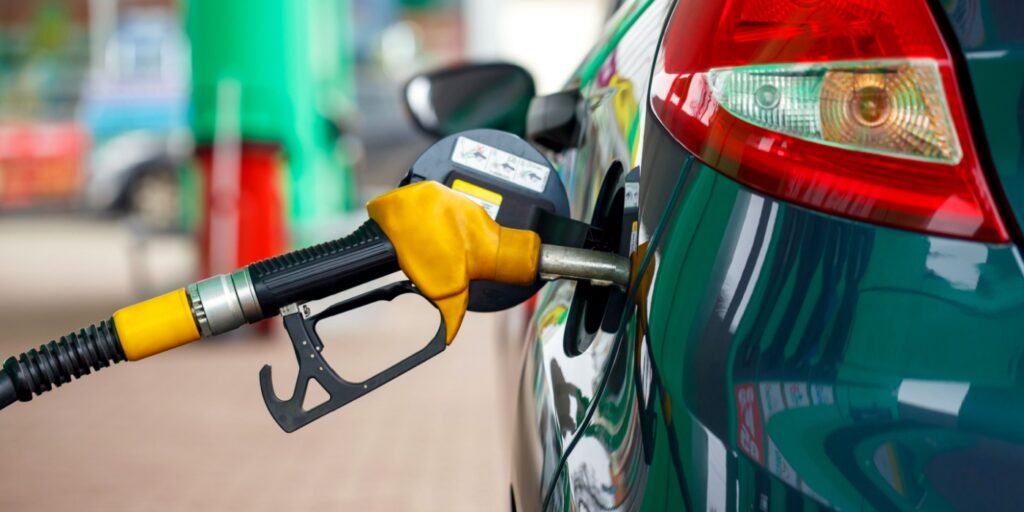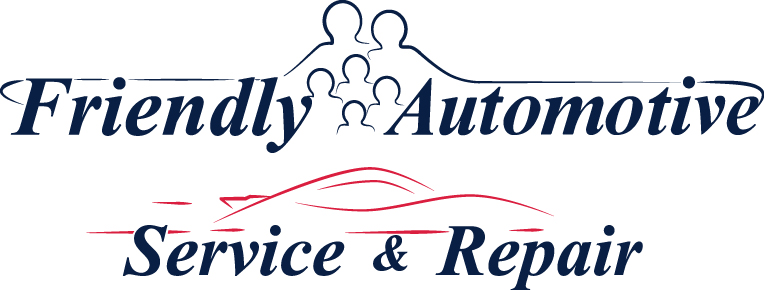Fuel Efficiency Hacks for a Healthier Car:
Tips to Save Fuel and Reduce Wear
With fluctuating gas prices and the impact of vehicle emissions on the environment, keeping your car fuel-efficient is more important than ever. Fuel efficiency not only saves money at the pump but also reduces wear on your car, helping it last longer and perform better. Here are some effective hacks for maintaining your car’s fuel efficiency through regular maintenance and smart driving habits.

1– Keep Your Tires Properly Inflated: One of the simplest yet most impactful ways to boost fuel efficiency is by keeping your tires at the recommended pressure. Under-inflated tires create more rolling resistance, which requires more energy (and fuel) to move the car. Check your tire pressure at least once a month, especially as temperature changes can affect tire inflation. Refer to your car’s manual or the sticker inside the driver’s door for the correct tire pressure level.
2– Stay on Top of Regular Maintenance: Regular car maintenance is essential for keeping all components in good working condition, which translates to better fuel economy. Schedule routine oil changes, replace the air filter as needed, and make sure your spark plugs are in top shape. A clean air filter allows the engine to breathe easily, while fresh oil keeps engine parts lubricated, reducing friction. Replacing worn spark plugs can also make a noticeable difference, as they play a key role in the combustion process.
3– Lighten the Load: Extra weight requires extra energy to move, which can hurt fuel efficiency. Avoid using your car as storage for heavy items you don’t need for daily use, such as sports equipment or bulky tools. Similarly, if you have a roof rack or bike rack that’s not in use, consider removing it to reduce drag. The lighter your car, the less work your engine has to do, and the more fuel you’ll save.
4– Drive Smoothly: One of the most effective driving habits for saving fuel is to drive smoothly and avoid rapid acceleration or hard braking. Fast acceleration and braking cause the engine to work harder and burn more fuel. Instead, aim for gradual acceleration and anticipate stops so you can ease into braking. Maintaining a steady speed as much as possible, especially on highways, also helps improve fuel efficiency. If you’re on a longer drive, consider using cruise control to help maintain consistent speed and save fuel.
5– Avoid Idling: Modern engines don’t require extensive warm-up time, even in colder weather, and idling for long periods can waste fuel unnecessarily. If you’re stopped for more than a minute, like at a train crossing or a long stoplight, consider turning off your engine. Starting your car uses less fuel than idling for extended periods, and this practice can add up to significant fuel savings over time.
6– Use Air Conditioning Wisely: Air conditioning puts extra load on the engine, which can decrease fuel efficiency. When driving at lower speeds, consider rolling down the windows instead of using the AC. However, when driving at higher speeds (such as on highways), open windows can create drag that may reduce fuel efficiency more than air conditioning would. Find a balance and use the AC sparingly, opting for ventilation or windows whenever practical.
7– Plan Your Routes: Reducing the amount of time you spend driving can naturally save fuel. Try to plan errands and trips efficiently to avoid unnecessary backtracking and traffic. Apps that provide real-time traffic updates can also help you avoid congestion, which often leads to excessive idling and stop-and-go driving. Combining multiple errands into one trip, especially while the engine is warm, can save both time and fuel.
8– Check Your Wheel Alignment: Misaligned wheels can cause your car to pull to one side, requiring constant minor corrections and increasing tire resistance, which uses more fuel. Regular alignment checks ensure that your car drives straight, reducing fuel consumption and tire wear. If you notice uneven tire wear or your car pulling to one side, it’s time for an alignment check.
9– Use the Recommended Fuel Grade:
Your car’s manufacturer specifies the ideal fuel grade for a reason. Using a higher-octane fuel than recommended doesn’t improve performance or fuel efficiency and simply costs more. Stick to the recommended fuel grade, and your engine will run as efficiently as it’s designed to.
For more information, check out Friendly Automotive, your expert Tucson Auto Repair Center and Scheduled Auto Maintenance Shops in Tucson, Oil Changes Tucson and Follow us on Facebook and X.
